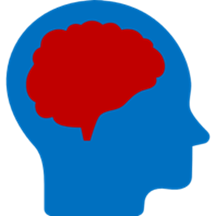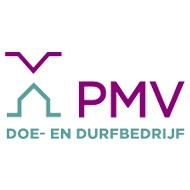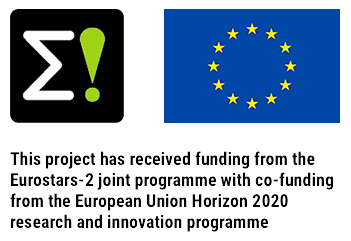Huntington’s Disease (HD) is the most common monogenic neurological disorder in Western populations, with 10 to 13 cases per 100.000 people. Mutation carriers develop the first motor symptoms in their 30’s or 40’s and inexorably succumb to the disease two decades later.
Patients carry a version of the IT15 gene encoding a pathological form of huntingtin (mHtt) protein that is highly prone to form neurotoxic oligomers and insoluble aggregates. Neuropathologically, HD entails a progressive dysfunction and loss of medium spiny neurons (MSNs) in the striatum leading to impaired corticostriatal transmission which underlie chorea and bradykinesia – two major motor symptoms in HD. Other symptoms include anxiety, depression and a decline in cognitive abilities leading to dementia.
Although the genetic origin of HD is well defined, the cellular and molecular mechanisms underlying the disease are complex and not fully understood. Current treatments are symptomatic and supportive treatment to improve quality of live, without preventing or slowing down the disease progression.
reMYND’s lead ReS18-H program neutralizes the neurotoxic effects of mHtt. In a Huntington's Disease mouse model which produces mHtt like patients, ReS18-H restores function and improve survival of MSNs leading to reactivation of corticostriatal transmission and consequently to a strong improvement of motor and neuropsychiatric outcomes such as anxiety.
ReS18-H is a highly potent oral drug with excellent non-clinical safety and pharmacokinetic properties. It penetrates and distributes well in the brain.


 Currently 46,8 million people worldwide suffer from dementia, doubling every 20 years. Alzheimer’s disease (AD) is by far the most common dementia in late life with a prevalence of one in nine people with an age of 65 and older and is the 6th leading cause of death.
Currently 46,8 million people worldwide suffer from dementia, doubling every 20 years. Alzheimer’s disease (AD) is by far the most common dementia in late life with a prevalence of one in nine people with an age of 65 and older and is the 6th leading cause of death.











